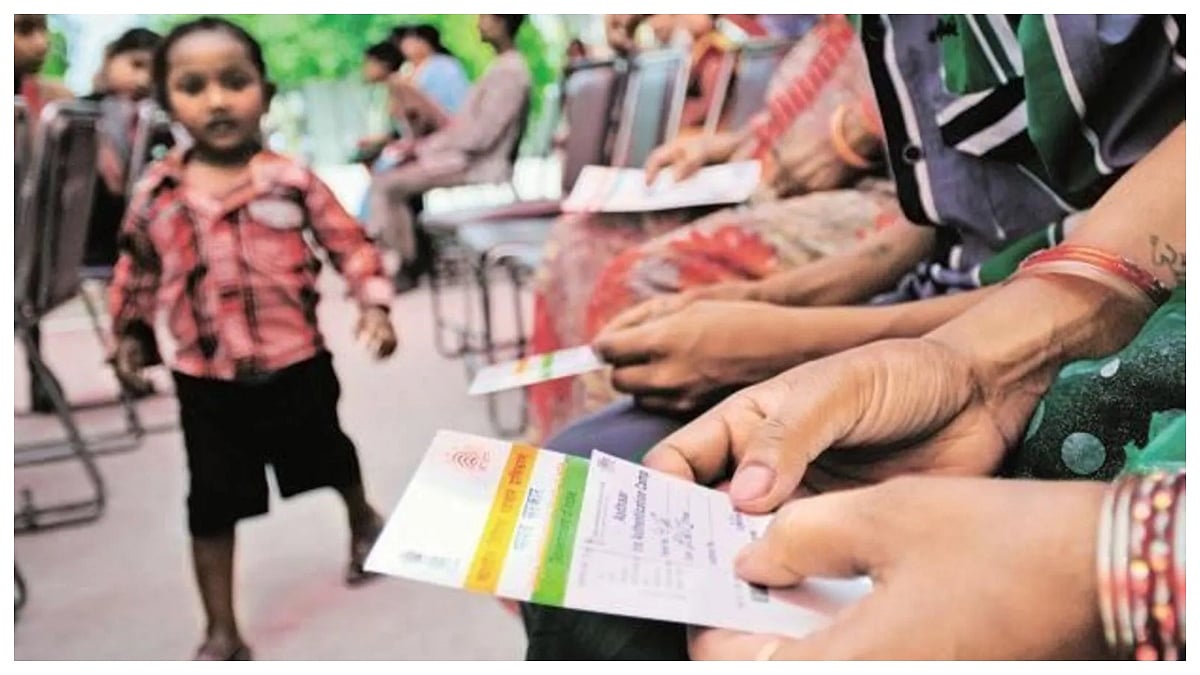When Imagine Panaji Smart City Development Limited (IPSCDL) allocated work and the contractors got down to executing them back in December last year, chiefly the augmentation of the city's decades-old underground sewerage system and the two stretches of smart roads (St Inez to Goa International at Tonca and the Rua de Ourem), the executing agencies were cocksure the work will be completed by mid-April. If all had gone by plan, it would leave the Corporation of the City of Panaji enough time to work on the de-silting of drains, both surface gutters and also the Portuguese-era underground network, so the city is best prepared to face the onslaught of the monsoon.
But the plans did not go as per plan. Apparently impeded by a lack of drawings and blueprints of the city's underground networks of water, sewerage and other utility services, the contractors and engineers from the supervising agencies -- GSUDA, GSIDC, Sewerage Corporation and the PWD -- were shooting in the dark and facing problems like accidental sewer spillages, water pipeline damages and so forth.
Adding to the woes of the executing agencies was the pressure of the growing chorus of criticism from the public as roads kept caving in and at least a dozen incidents across the city of trucks, tankers and other vehicles overturning or getting stuck.
But rather than the execution of the two major 'smart city' works -- the sewerage overhaul and the two major smart road projects -- the focus has now shifted to quickly wind up work and patch up all the excavated roads to save Panaji from a nightmare it will be in the monsoon, otherwise.
That precisely is the brief given to Sanjit Rodrigues, IAS, who has been overnight appointed the managing director and CEO of IPSCDL replacing Mamu Hage, IAS, and the North Goa Collector -- to get Panaji, its roads and drains, ready for the monsoon.
Overhaul of sewerage system halted
Capacity enhancement, improving the quality of the conveying pipes and building new chambers to overhaul an ageing and crumbling underground sewerage system of the capital city was the job description when work on the project was tendered and allocated through the Goa State Urban Development Agency (GSUDA) to Bharatiya Constructions Limited in December last year.
Some 10 of Panaji's 15 zones were taken up but clearly, the planning and coordination between the various government departments involved and the police were pathetic if not non-existent, leaving citizens and commuters to deal with chaotic traffic situations themselves.
The old 210-300 mm dia sewerage pipelines, mostly made of stoneware, were being replaced with High-Density PE pipelines of 600 mm dia. Commendable plan, except that the execution faced innumerable hurdles with faulty mapping and the existing system breached at many sporadic locations leading to spillage of raw sewage in the open.
While most of the work has been executed, officials at GSUDA, who however did not want to be identified, admitted that the status of the project is nowhere close to being certified as complete, even if the completion deadlines have been overrun.
Smart Roads too deferred
Even as the inconvenience caused to both residents and thousands who commute in and out of the capital city persisted due to the impediments caused to traffic flow on account of the ongoing works over the last 4-5 months, the three stretches of roads picked to be converted to 'smart roads' remain unfulfilled.
Goa State Infrastructure Development Corporation (GSIDC) is the agency entrusted with the turn-key projects -- the stretch from Bal Bhavan to the Madhuban complex area, Taj Vivanta junction to Goa International Hotel at Tonca and the Rua de Ourem. None of these three stretches of smart roads has been completed except for a small stretch between Bal Bhavan and the Fire Services headquarters.
Again, like the sewerage project of the smart city mission, the smart road projects have for now been kept on hold and the priority for the moment is to fill up the excavations and resurface the roads before the monsoon hits.
Some 'smart city' work will continue: Sanjit
Some aspects of the work related to the ongoing 'smart city' projects will continue if it is not affecting the public or the traffic movement, according to Sanjit Rodrigues.
"Monsoons or no monsoon. If it is an ongoing project, if it is not affecting people, not affecting traffic, we will continue the work," he said.
"Some of the road stretches we will work on to clear and hand over to CCP," Rodrigues said, even as he refrained from making any categorical projection of whether Panaji will experience flooding during the monsoon.
"I will not get into this issue of flooding v/s non-flooding. Everyone knows what is best for Panaji. Multiple agencies and departments have to work. CCP also has to play its part. We will do our best and complete it in whatever way we can," Rodrigues said, adding that over the coming week, the speed of work is expected to increase with the induction of more manpower and machinery.
The new IPSCDL managing director & CEO also said officials will sit together and chalk out plans to work strategically on the ground. He also said that he would talk to the police to draw up a proper traffic plan and take appropriate measures such as demarcating some roads as one-way, making others heavy vehicles barred roads, etc.









